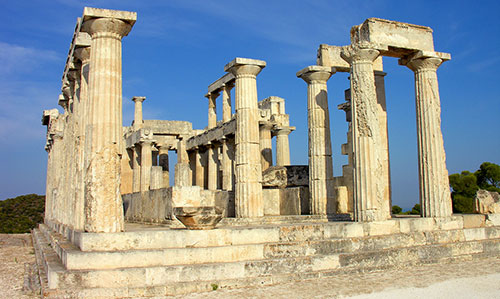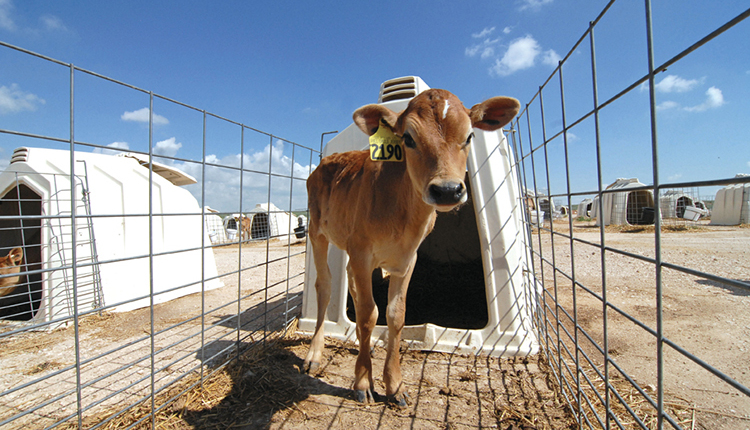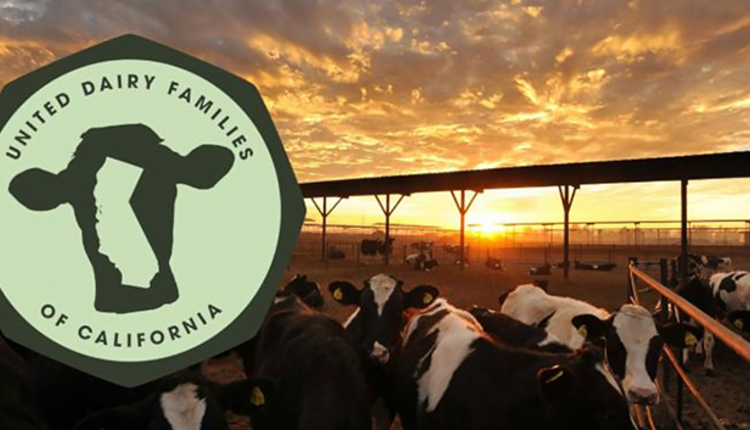
Sadly, all eyes are on Greece these days – like a crowd that is riveted to a ledge walker on a skyscraper.
Once the greatest civilization on Earth, its economy is in ruins today on a scale that has not been seen since the carnage of World War II. Greece is flat broke for the third time since 2010, and its citizens are exhausted and mad from five years of austerity.
Greek banks have yet to open in July. Unemployment is 25 percent. Total economic output since 2008 has fallen by the same amount. The country took out new loans to pay old ones and now owes so much to other Eurozone members that economists say it cannot possibly be repaid.
Greece defaulted to the International Monetary Fund last month and is expected to default next week to the European Central Bank. It has demanded huge concessions from lenders and flatly refused their counterproposal. Likelihood grows daily that it will leave the Eurozone, abandon the Euro currency, and take its chances with a return to its own currency, the Drachma.
"What do we have to lose?" sums up the mood in Greece.
"No more of our money" sums up the mood in the rest of the European Union.
In terms of U.S. dairy exports, Greece is not even a blip on our radar. According to the U.S. Dairy Export Council, U.S. dairy sales to Greece averaged $133,000 per year from 2010 to 2014. Total sales during the first six months of 2015, however, have been zero.
Dairy statistics for Greece are scarce, usually old, and very inconsistent between sources. Our best evaluation is there are about 19,000 dairies and 130,000 cows, average herd size is seven, and average production is 10,800 pounds per cow. Greece exports a tiny amount of cheese.








